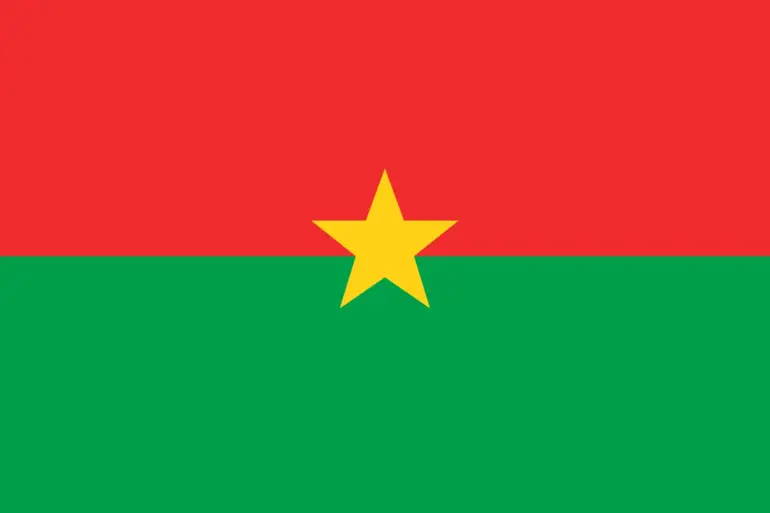
Burkina Faso, a landlocked country in West Africa, has a rich and complex history shaped by its colonial past and its journey toward independence. Formerly known as Upper Volta, the nation’s history is marked by a series of significant events that have molded its identity and governance.
Pre-Colonial Eraa
Before European colonization, the region now known as Burkina Faso was inhabited by diverse ethnic groups, including the Mossi, Gourmantché, and Bobo peoples. The Mossi kingdoms, which emerged around the 11th century, were particularly influential, with a well-organized society and extensive trade networks. The kingdoms operated with a degree of autonomy, though they faced occasional incursions from external forces.
Colonial Period
The arrival of European powers in the late 19th century marked the beginning of a new era. In the 1890s, French forces began to establish control over the region, incorporating it into their West African colonial empire. The French administrative approach involved dividing the area into various administrative regions, with Upper Volta created in 1919 as a federation combining several territories including parts of modern-day Burkina Faso.
The colonial period was characterized by economic exploitation and the imposition of foreign governance structures. French policies disrupted traditional societies and economies, leading to social and political unrest among the local populations.
Road to Independence
The post-World War II period saw a wave of decolonization across Africa, and Upper Volta was no exception. The push for independence gained momentum during the 1950s, fueled by growing nationalist movements and demands for self-determination. Leaders like Maurice Yaméogo and other political figures began advocating for greater autonomy and political change.
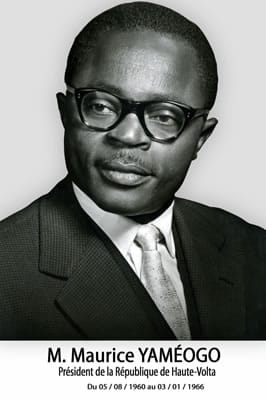
On August 5, 1960, Upper Volta achieved full independence from France. Maurice Yaméogo became the country’s first President. The name “Upper Volta” referred to the Volta River, which is a significant geographical feature in the country. However, the new nation faced numerous challenges, including political instability and economic difficulties.
Post-Independence Era
The early years of independence were marked by a series of political upheavals. In 1966, a military coup led by Colonel Sangoulé Lamizana overthrew Yaméogo, establishing a military government that promised stability but struggled with corruption and inefficiency.
The next major shift occurred in 1983 when Thomas Sankara, a charismatic and revolutionary leader, took power through a coup. Sankara’s government, which rebranded the country as Burkina Faso—meaning “Land of Upright People”—pursued ambitious reforms aimed at improving the lives of ordinary citizens. His policies focused on self-sufficiency, education, and anti-corruption, and he became an icon of African leadership. However, Sankara’s tenure was cut short when he was assassinated in 1987, leading to the rise of his successor, Blaise Compaoré.
Compaoré’s rule lasted until 2014, when widespread protests against his attempt to extend his presidency led to his resignation. The subsequent transition to democracy has been marked by efforts to stabilize the country and address long-standing issues.
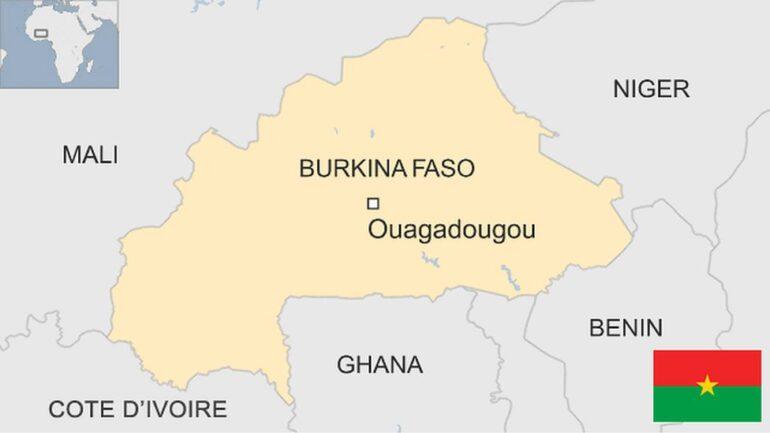
Contemporary Burkina Faso
Today, Burkina Faso continues to navigate its post-colonial challenges while building on its rich cultural heritage. The nation faces issues such as political instability, security threats from extremist groups, and economic development needs. Nevertheless, the spirit of resilience and the quest for a brighter future remain central to Burkina Faso’s national identity.
In reflecting on its journey from a colonial territory to an independent nation, Burkina Faso’s history is a testament to the enduring strength and aspirations of its people.





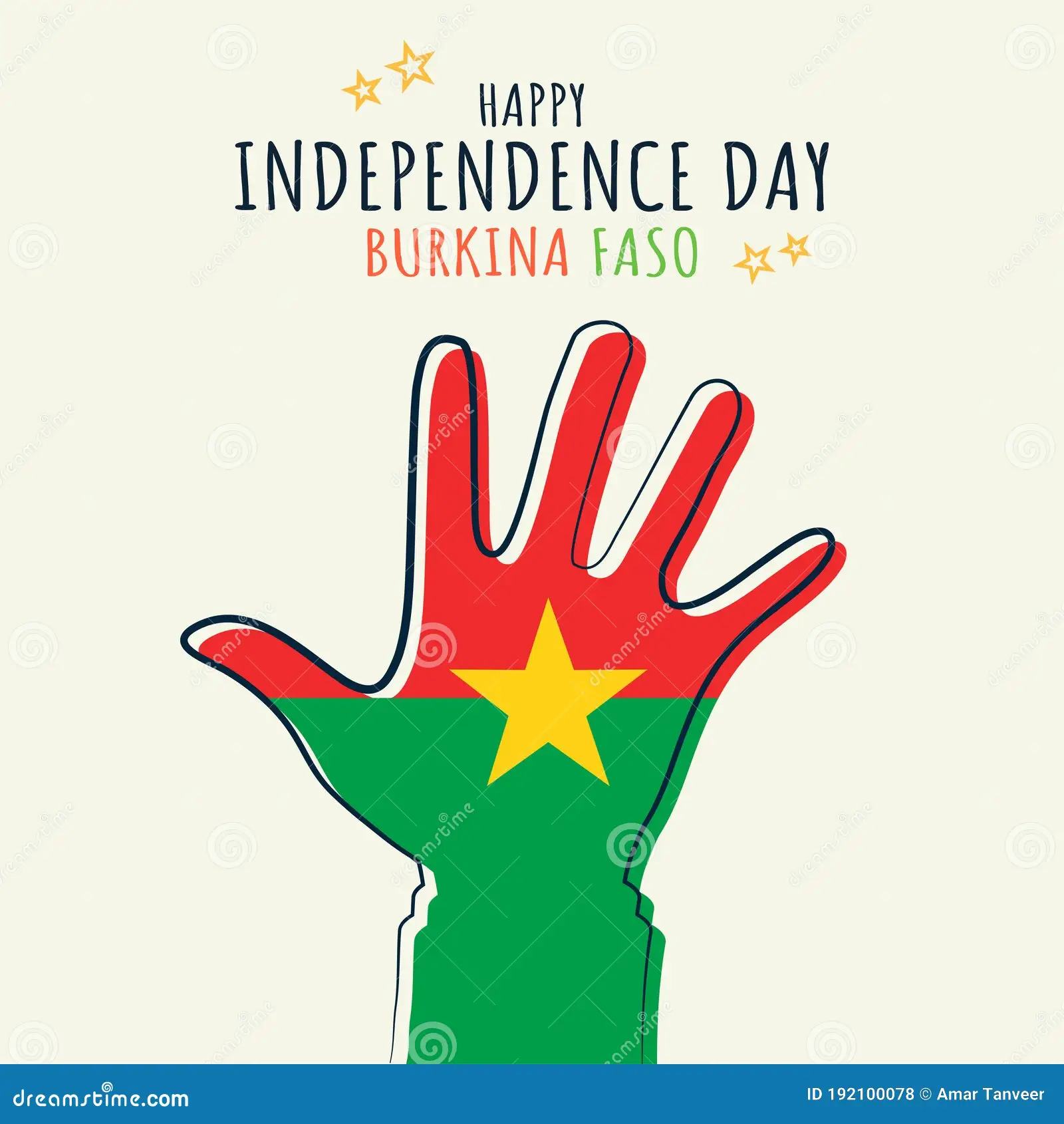










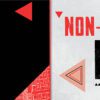






Post comments (0)